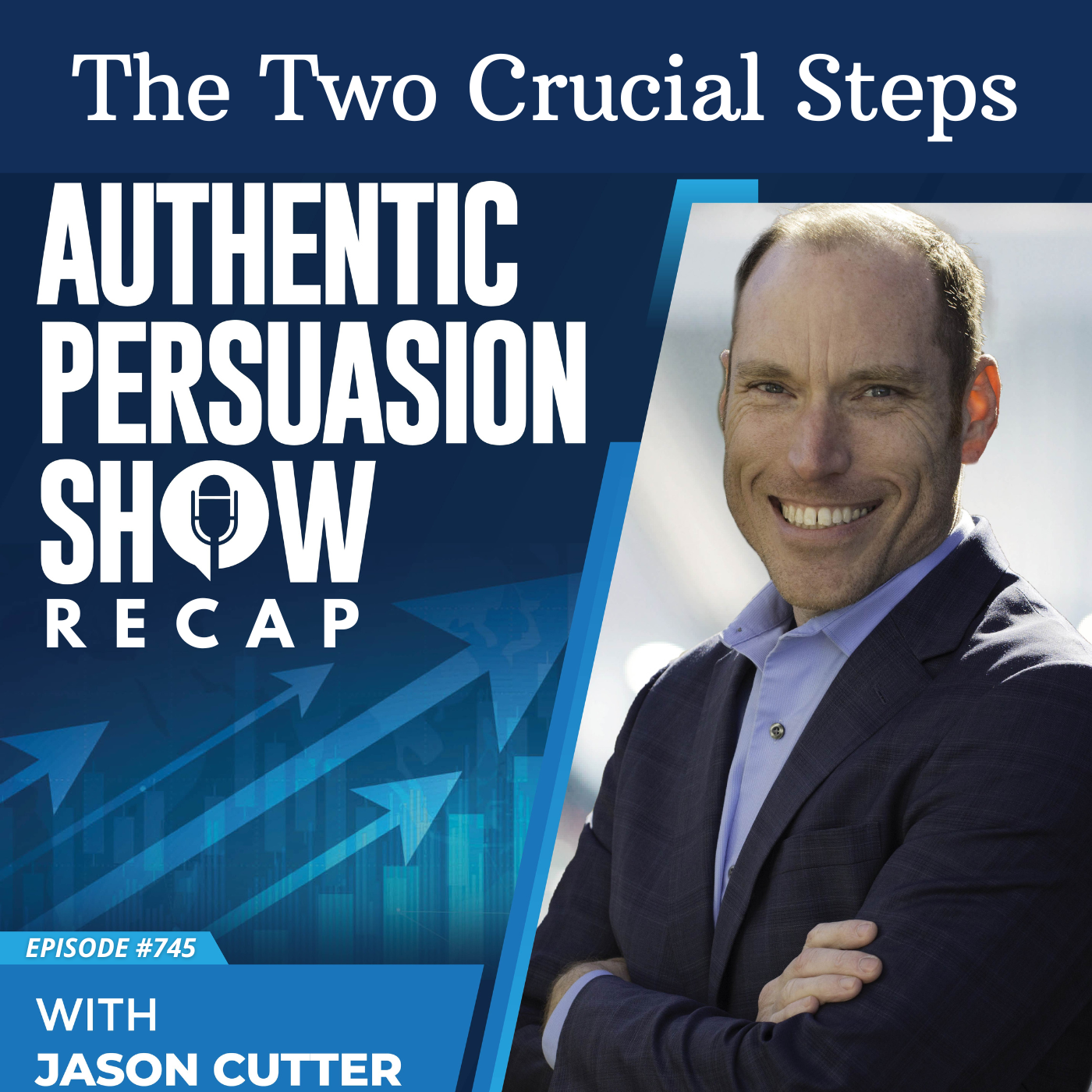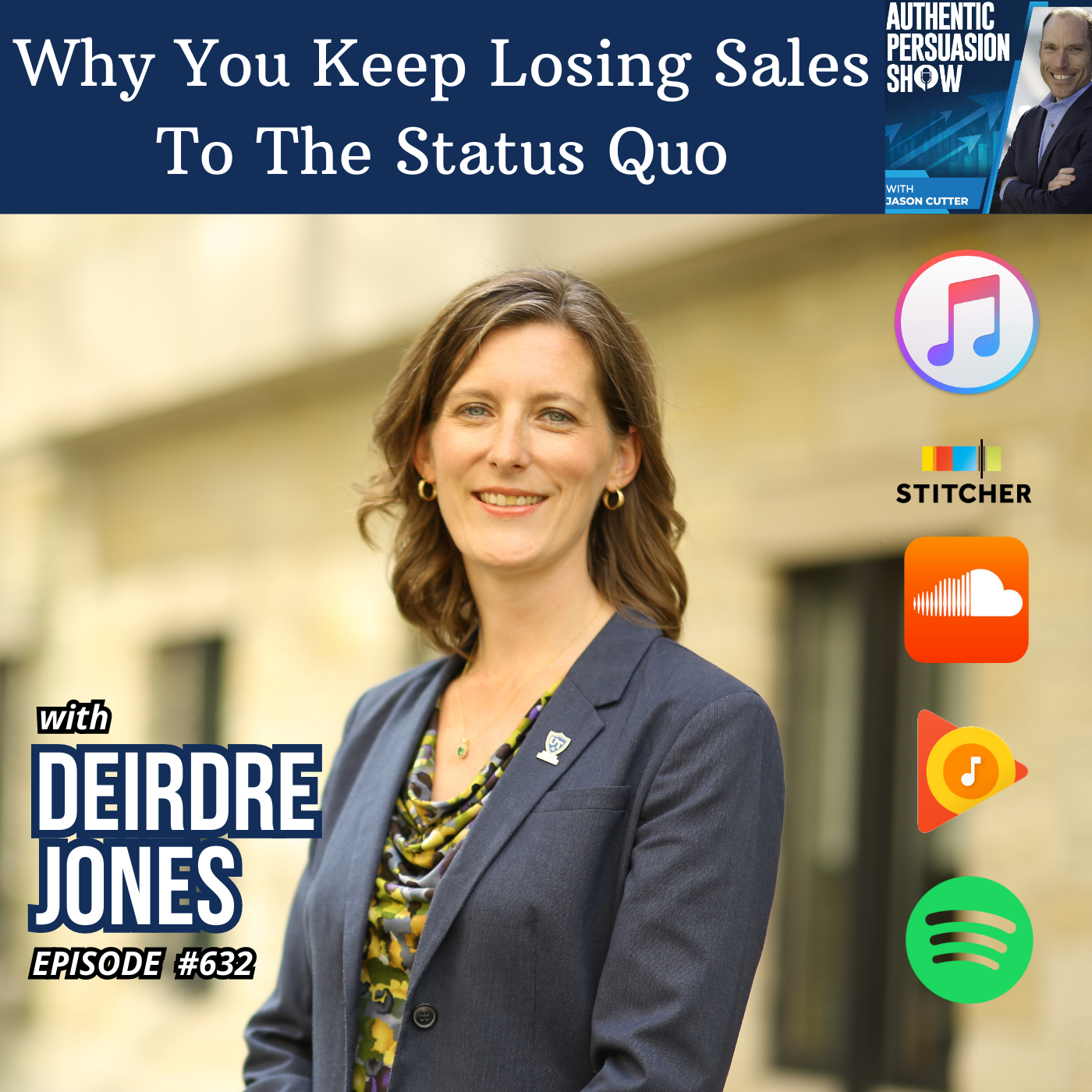Show Notes
The biggest challenge that new inside salespeople have with selling over the phone is that you cannot see the prospect.
Biologically we come wired with the ability to pick up on the queues from someone’s body language and facial expressions.
All that is missing when doing telesales. How do you overcome that? Work on your other senses like a superhero.
Episode 70 – Transcript
Welcome to this episode of the sales experience podcast.
So glad that you’re here and listening. This is episode 70 wrapping up telesales week where I’ve been talking about telephone sales related inside sales related topics to help you, the inside salesperson be more successful, have a professional career in sales and create of course, that sales experience for both you and the customer where everybody is happy and everybody is winning and everyone feels good about what has occurred.
Really a lot of that is you feeling like your part in this and the experience that you’re creating for yourself and what you’re doing, what you’re selling and why you’re selling it is so important. That’s the first step. As I talked about in the last episode, nobody really cares about what anybody else thinks or wants, and so that could be a challenge. When you’re in a sales role and a, your prospects really just don’t care about you.
Your goals, your needs, your rent or mortgage payment, your car payment, your job, your quota. They don’t care about your company, your product, your service. So you have to care. And it’s important that you create the right experience where you’re happy every single day going in, and then that will come across to your prospects and turn them into customers who are equally happy and love the experience that they had working with you.
Now in this episode, wrapping up the week, what I want to talk about is taking it to the next level in the conversation, right? So to recap, talked about it’s a phone job. So you should be on the phone most of the time, not all the time, but most of the time. If you’re not on the field, if you’re not on the court, you’re never going to score. You’re never gonna win the game.
So you’ve got to be out there. You’ve gotta be on the phone to. Same thing if you are knocking on doors, if you’re not out there knocking on doors, you’re never gonna make sales. If you’re just sitting in your car thinking about knocking on doors or if you’re procrastinating and sitting at the coffee shop, of course you’re never gonna make any sales that way.
So you’ve got to be out there. Then you have to have a script of process tools that you follow. So you’re consistent most of the time so that when you know what it takes to win, you just replicate that over and over again.
That’s what professionals do. Third, don’t sound like a telemarketer. Don’t sound like a salesperson. Don’t sound like that person that people don’t want to hear from that people don’t want to deal with that trigger all of us to feel like this is a sales interaction.
And then the guards up and the what’s in it for you comes out the what’s the catch is response that people have. And so you don’t want to trigger that. So you want to do literally the opposite of what somebody else would sound like.
That triggers that you want to do something different. And then like I said in the last episode is all about making it about them. It’s not about you. And your long monologue. It’s not about you and how great your product, your service, your company, your ratings, your BBB, your social proof, your testimonials, like nobody cares. At least in the beginning.
They want to know what you’re gonna do for them. So make the, at least the first part of the conversation about them and what they’re going to get from this, how this is going to solve their problems, change their life, fix their situation, improve something, help them achieve their goals.
That’s really the key. Now for this episode, bringing the city end, this is the hardest part for most people who go into a telephone sales role, where they’re doing things over the phone and not face to face, is to be able to be as effective in the conversations as you would in person.
Now, there’s a significant advantage and we’re all wired this way as humans to be able to pick up on other people’s behaviours, other people’s facial expressions, the way they cross their arms or their legs, their body language. Now, some people have learned how to do that. Some people are a little more intuitive. You can get better and better at that, where you learn what those are.
You see someone crossing the arm. Maybe that means that they’re kind of closed up and they’re shutting down and they’re not interested in what you’re saying, or maybe they’re just really cold.
However, there’s all kinds of things. When you see someone face to face, you’re having an interaction with them. If they’re distracted, you can tell they’re not paying attention. They’re looking on their phone or they’re looking out the window or they’re, they’re dealing with things. Then you know, you don’t have their attention.
They’re not interested in what you have to offer, and so it’s a different way. You should handle that conversation when you’re doing this all over the phone, you don’t have this advantage. All those natural biological, social things that we’ve learned to do our whole life, poof, gone out the window. You don’t have many more.
All of these things we learn as a kid and then growing up in interacting with people you don’t have access to. The key is instead, if you’re going to make a run at a telephone sales related professional sales career, you’ve gotta become the master of active listening.
Active listening is the practice of listening to what somebody else has to say, processing it internally and then responding appropriately. Now, why is it not just called listening? Well, here’s the challenge and this is the way most people are. It happens all the time. It’s a tough thing to turn off.
I see this so much in interactions with other people. I catch myself doing it. We all fall into this trap where the other person’s talking and your thinking about what you’re going to say next. It happens so much in sales careers because the sales person has an agenda. If we go back to episode 67 where literally I’m talking about having a process, scripts and tools and a system in place.
This can be a double edged sword because the sales person is thinking about the script, thinking about the process, thinking about the blueprint and while the prospect is talking, the salesperson, you are thinking about what you’re going to say next, which way you’ve got to go.
If the prospect, the customer, the client asks a question, brings up an objection, some kind of issue, then while they’re talking about it, most people go into the mode of thinking about what their answers going to be and what happens is you can’t do both. It’s tough to think about what you’re going to say, plan out what you’re going to say and still be listening to what the other person says.
Your ultimate goal in a telephone sales career, in any sales career and in relationships in life in general should be to get to the point where you can detach with worrying or wondering or planning on what you’re going to say next in that moment and instead actively listen, take in what the other person says, and then go from there.
So this doesn’t mean not having a script. It means when you ask a question, for example, in your script for talking about sales, you asked that question.
You listen for the response, you listen for everything, you pick up all the details of what said, what’s not said, and then you respond. Most of the time people say, okay, well, you know, they ask their qualifying question and then while the person’s talking, they’re kind of listening and then they’re thinking about their next qualifying question and then they’re going into the next question and they’re planning everything out.
So you want to make sure that you’re always focused on what the other person is saying. I’ll tell you for me in particular, I think this is one of the things that has made me successful in any sales role I’ve had in the past, is that not just actively listening, like I have that skill and that ability to listen, but there’s also something special that you can do with listening to kind of get close to what you could do in person, which is listening.
Like I said, for what they say, what they don’t say, pauses, inflections in their voice. You can pick up on a lot of things that you might be getting those cues in person, but you can hear a lot of that over the phone. And many times salespeople, especially going into a telephone sales role in the beginning, really struggle with that. They really struggle with the fact that they’re used to picking up on body language.
Now they can’t. Now what do they do? And the difficulty is their brain is going like crazy, trying to figure out what they’re going to say, what they’re going to do next, how the process works, and so they’re not actively listening. And so they’re missing the cues that they could have picked up, but that’s not there.
So they’re kind of shooting themselves in both feet by not listening, not picking up on those cues and you know, thinking about what they’re going to do next while also using the excuse of not being able to read body language, look into somebody’s eyes and then build trust that way.
Right. A lot of people feel they can only build trust in a sales process by meeting face to face, shaking hands, making that connection. However, there’s a lot you can do over the phone. It kind of goes into what I talked about two episodes with not sounding like a salesperson.
If you do that over the phone and you don’t sound like that person they’re worried about, then the relationship will be there. Active listening is so important, and I think that’s one of the most underrated things right now in our society in general, and I’m not going to blame technology. I’m not gonna blame social media, but I’m going to blame more attention and where people’s focus is these days.
I think it’s one of the things missing the most, and I’ve talked about it before on the show and in a sales role. Your job is to be active listening to the highest level and that’s where you want to get to in your career.
If you find yourself struggling, you’re not closing enough sales, you’re not getting consistent enough results. Make sure that you’re not overthinking all the time what you’re going to say and do next and you’re actively listening for the cues, for the answers, for what’s said, what’s not said by the other person and responding accordingly.
You want to make sure that part is super important, is responding accordingly. Hopefully that helps. Hopefully all of this week, all of these episodes is enhancing your telephone sales career, your sales experience, what you’re providing. Make sure to subscribe, send me a comment.
I love to hear from people. So many salespeople out there, sales managers, companies doing things, either having questions or having challenges or having success with these topics that I keep covering to make sure, send me a message through Cutter Consulting, group.com website or you can find me on LinkedIn. I’m on there like crazy posting all the time, trying to share as much as I can on the sales side with everybody possible to find me there. Send me a message, let’s connect.
Always remember that everything in life is sales and people remember the experience you gave them.
![[E70] Telesales Week: Use your other senses](https://episodes.castos.com/salesexperiencepodcast/images/TSEP-Cover-Telesales-Week.png)


